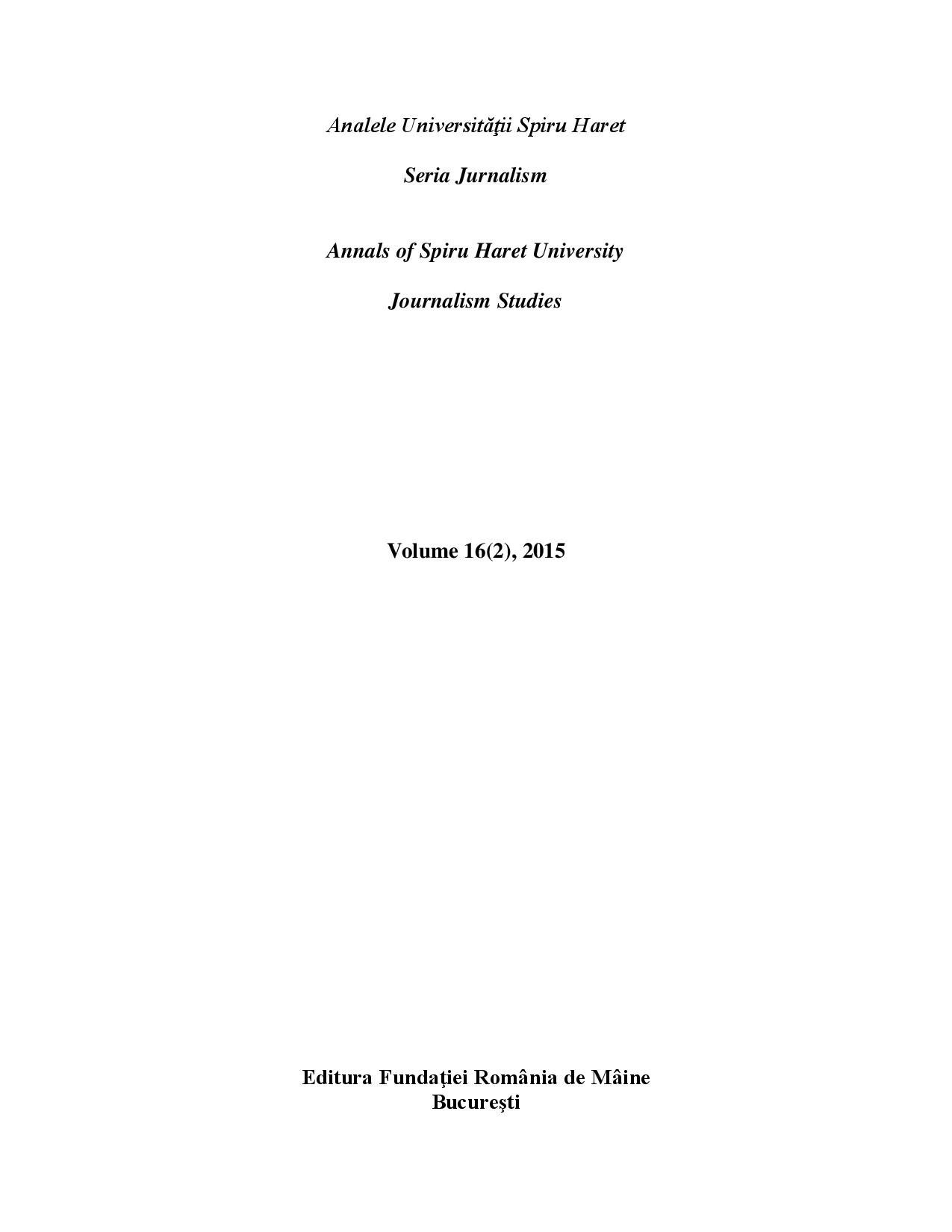ON THE ORIGIN OF THE GATEKEEPING THEORY
AND ITS APPLICATION TO JOURNALISM
ON THE ORIGIN OF THE GATEKEEPING THEORY
AND ITS APPLICATION TO JOURNALISM
Author(s): Silviu ŞerbanSubject(s): Social Sciences
Published by: Editura Fundaţiei România de Mâine
Keywords: news selection; the flow of news; communication channel; newsworthiness; news policy
Summary/Abstract: This paper explores the source of the gatekeeping theory and the context of its use in analysing the process of news selection in journalism. Two possible explanations of this process emerge: either the news selection is determined by subjective factors or objective criteria force the journalists to select or reject certain news stories. The wire editor’s subjectivity is the first factor defined by David Manning White, but soon Walter Gieber shows that the wire editor’s activity is rather determined by the choices made by press associations, and Warren Breed considers that the owners of newspapers and “executives” control the process of news selection by means of the policy of newspaper that impose over the reporters. In their research, Galtung and Ruge list a number of criteria related to the newsworthiness of the events that favour their selection and transformation into news. pp. 12–24
Journal: Analele Universităţii Spiru Haret. Seria Jurnalism
- Issue Year: 16/2015
- Issue No: 2
- Page Range: 12-24
- Page Count: 13
- Language: English
- Content File-PDF

